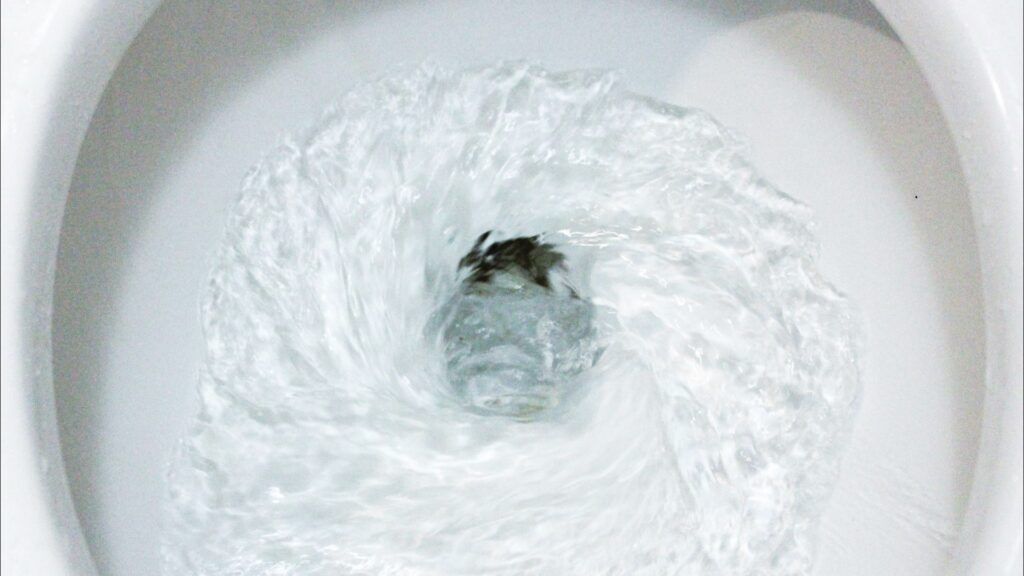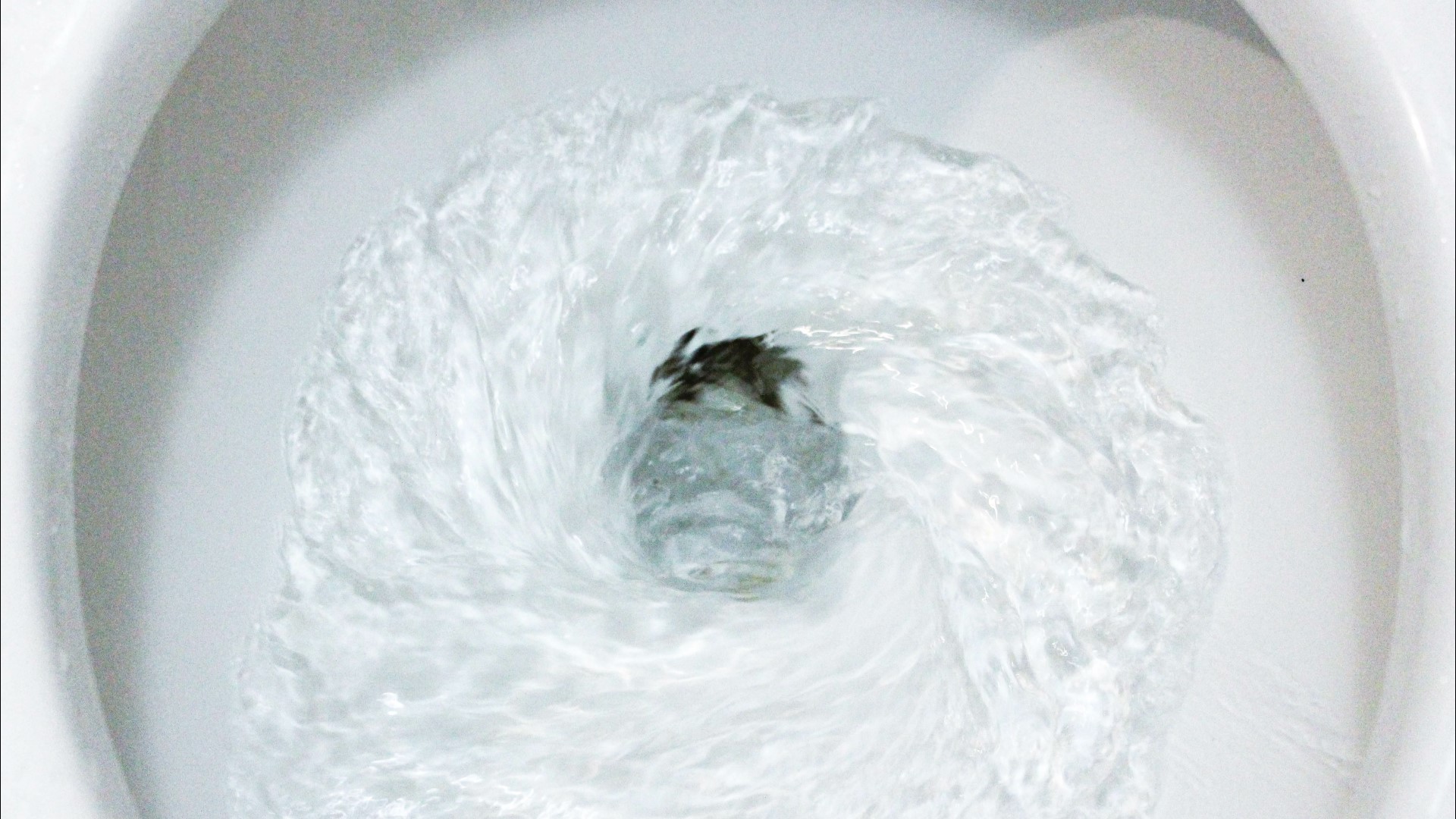
Think before you flush | City of Memphis urges public to avoid flushing items that can clog sewers
Tammy Castany
Although some products are labeled as ‘flushable,’ the City of Memphis warns that they do not break down as easily as toilet paper.

Did you know clogged sewers can impact more than just your home? The City of Memphis warns that it can cause major backups and overflows to the city’s wastewater systems, posing a health risk to the general public.
Although products, such as flushing wipes and paper towels, are labeled as ‘flushable’ or ‘septic safe,’ the City of Memphis warns that they do not break down the same way as toilet paper.
While toilet paper biodegrades fairly quickly, wipes tend to collect other debris in the sewer system, forming clogs that grow over time until they fully block the pipes.
According to the City, these blockages put stress on wastewater collection and treatment systems, leading to costly equipment repairs, replacements, or even sanitary sewer overflows.
As these issues become more frequent due to increased use of ‘flushable’ wipes, the City of Memphis Storm Water Department urges residents to dispose of wipes, paper towels, and napkins in the trash. Doing so helps prevent sewage overflow in homes and on the city streets.
Sewage backups are not only hazardous to neighborhoods, but they can also enter the city’s stormwater drainage system.
When sewage enters the city’s stormwater drainage system, it can be carried directly into local lakes, rivers, and streams.
These waterways, including the Mississippi River and McKellar Lake, are home to fish and other aquatic life, all of which are at risk from contamination caused by sewage in the stormwater runoff.